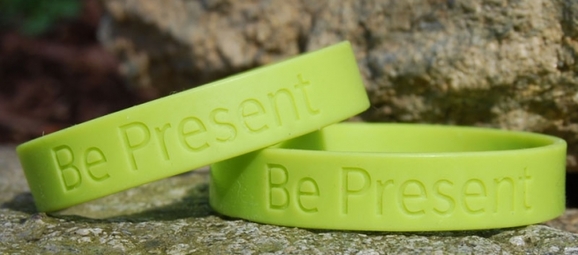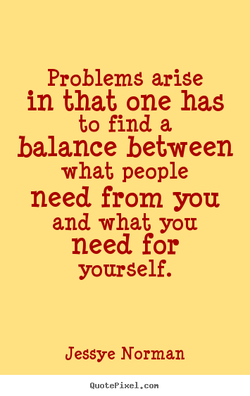For me, this is so important right now and something that I am really trying to consistently do. Be present in the moment. You see my boys will start high school next month as my husband and I enter the last chapter of raising our children. The reality that my boys will leave home and we will be “empty nesters” in just four short years is beginning to hit me like a ton of bricks. And those four years are likely to fly by. Right now I can’t imagine not waking up before sunrise to drag myself into the car and get them off to school. Nor can I imagine that our home bustling with boy energy and noise, stuff everywhere, dirty boy bathrooms and the like will be replaced with order and quiet. Quiet, something I long for many days but ultimately don’t want when it comes at the price of not having my sweet little boys in our home anymore.
So I have chosen to fully embrace the next four years, to live into them, and to be present. Because I don’t want to look back in the rear view mirror driving away from their college dorm and realize that I missed it all. I want to make the most of every moment, every conversation, every question, every story and every opinion shared. I need to listen to them, really listen, so that I can experience their world and not assume that I know just how this is supposed to go. I will get a front row seat to all the changes that will grow them into the terrific young men that I know they will become. Most of all, I will live every day and not worry about what tomorrow will bring for it will be here soon enough. I will put that phone down, close the laptop, pause the remote and not let other things consume my time so that I can give them the time and the mom that they so deserve. I can’t wait to connect into these four years with my boys. What will you do to be present in your own life? Start today!










 RSS Feed
RSS Feed